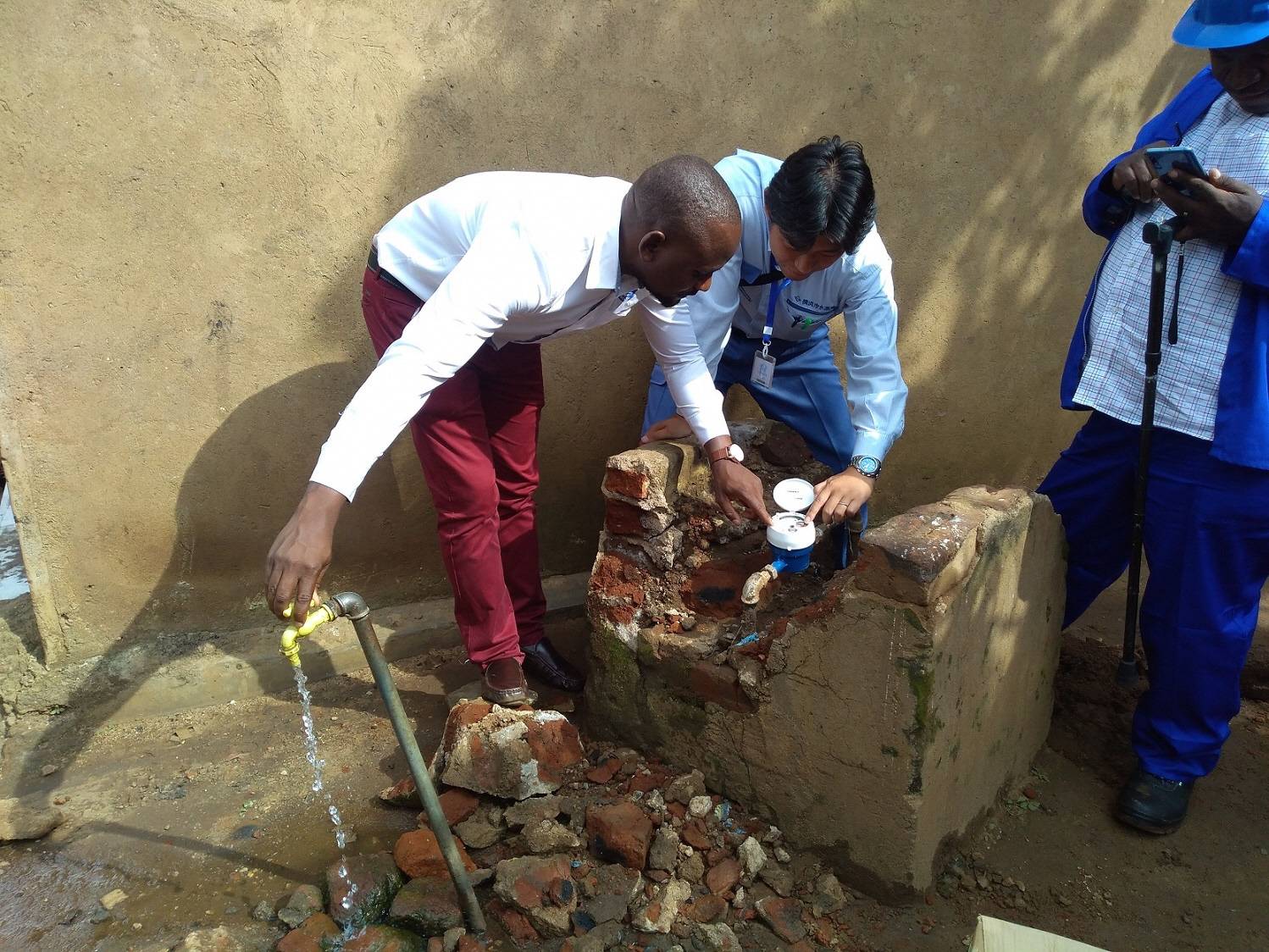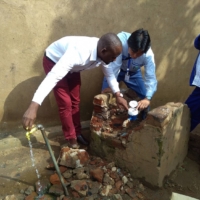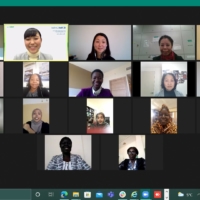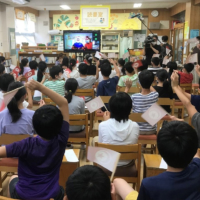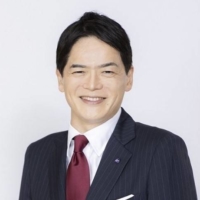Thanks to plentiful and abundant natural resources and significant population increases, Africa has enjoyed a period of dynamic growth in recent years. Yokohama served as the host city for the three Tokyo International Conferences on African Development in 2008, 2013 and 2019, which were the fourth, fifth and seventh conferences, respectively. Through the three TICAD events, the city has been able to actively share its experiences and technologies in urban development. Yokohama has also worked closely in partnership with various African countries in their efforts to develop high-quality urban infrastructure, helped them develop human resources and promoted exchanges between the people of Yokohama and Africa. These are just few of the reasons why some call Yokohama the closest city to Africa.
Technical cooperation
Over the years, Yokohama has continued to grow by overcoming a variety of obstacles across a wide range of urban issues. Yokohama has addressed infrastructure that became inadequate following the city’s rapid population growth. It has also had to squarely face environmental concerns. Despite the multiple challenges, Yokohama’s journey has been a worthwhile process of growth that has provided valuable experience in developing technologies and solutions. To take advantage of this, the city has worked with the Japan International Cooperation Agency on projects to dispatch staff from the city’s waterworks bureau to Malawi, provide training on water systems in other African countries and provide technical assistance to others in various areas ranging from waste management to port infrastructure development and operation.
In terms of providing assistance on waste management, the city has put much effort into collaborating with African countries, staying at the forefront of these initiatives as the only Japanese municipal government participating in the African Clean Cities Platform.
The ACCP was established in 2017 by representatives from 24 African countries together with the Environment Ministry of Japan, JICA, the United Nations Environment Programme, the U.N. Human Settlements Programme and Yokohama. The platform aims to realize African countries that can develop clean and healthy cities and achieve the sustainable development goals for waste management by 2030.
In 2018, the city launched its training programs on waste management, which have taken place in the form of online sessions for the past two years amid the COVID-19 pandemic. A total of 118 participants from 36 African countries have completed the program to date.
Female empowerment
At TICAD V, the city proposed the idea of working with JICA employees to develop a network of women in Japan and Africa in a session titled “Driving African Development Through Gender Equality and Women’s Empowerment.”Following this, Yokohama launched the Japan-Africa Businesswomen Exchange Program, under which the city annually invites female entrepreneurs from nations across Africa to join training seminars to discuss the challenges they face, share best practices and expand their business networks. The program also provided online opportunities to promote exchanges between female entrepreneurs from both Yokohama and Africa.
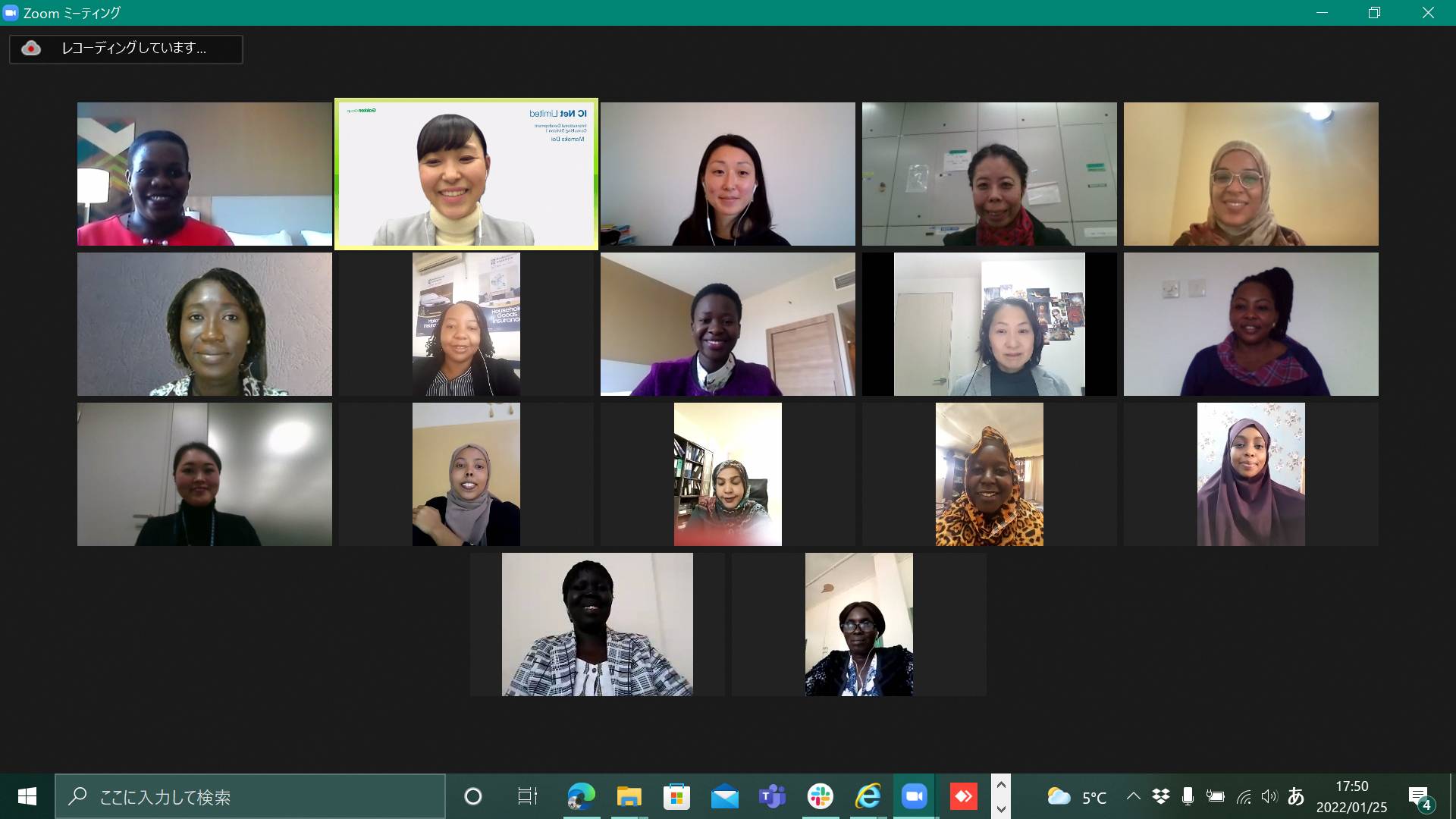
TICAD growth
TICAD has seen steady growth since its launch in 1993, with more countries and organizations participating in subsequent events. More than 10,000 people took part in TICAD 7 in 2019, with 42 African leaders and more than 100 heads of international and regional organizations attending. Business promotion was front and center, with the number of companies taking part in the conference more than doubling from TICAD VI. The latest Yokohama gathering also marked the first time private companies were admitted as official partners. Approximately 240 seminars, symposiums and exhibitions took place, showcasing TICAD’s viability as a base for promoting relationships with the goal of furthering African development.
Cultivate future generation
The One School, One Country program was launched following TICAD IV. So far, more than 200 elementary and junior high schools have participated in the program. Even amid the COVID-19 pandemic, heart-warming exchanges have been maintained between children who will shape the future of Yokohama and young people from countries across Africa. In addition, Yokohama hosted nine Olympic teams to promote local interaction during the coronavirus-delayed Summer Games in 2021. Of the nine teams, six were from Africa: Tunisia, Benin, Botswana, Cote d’Ivoire, Morocco and Algeria. Yokohama and its residents will remain committed to working with African countries to help them realize clean and healthy cities as they work to achieve the U.N. sustainable development goals on waste management. Yokohama will do all it can to assist in furthering this important mission.
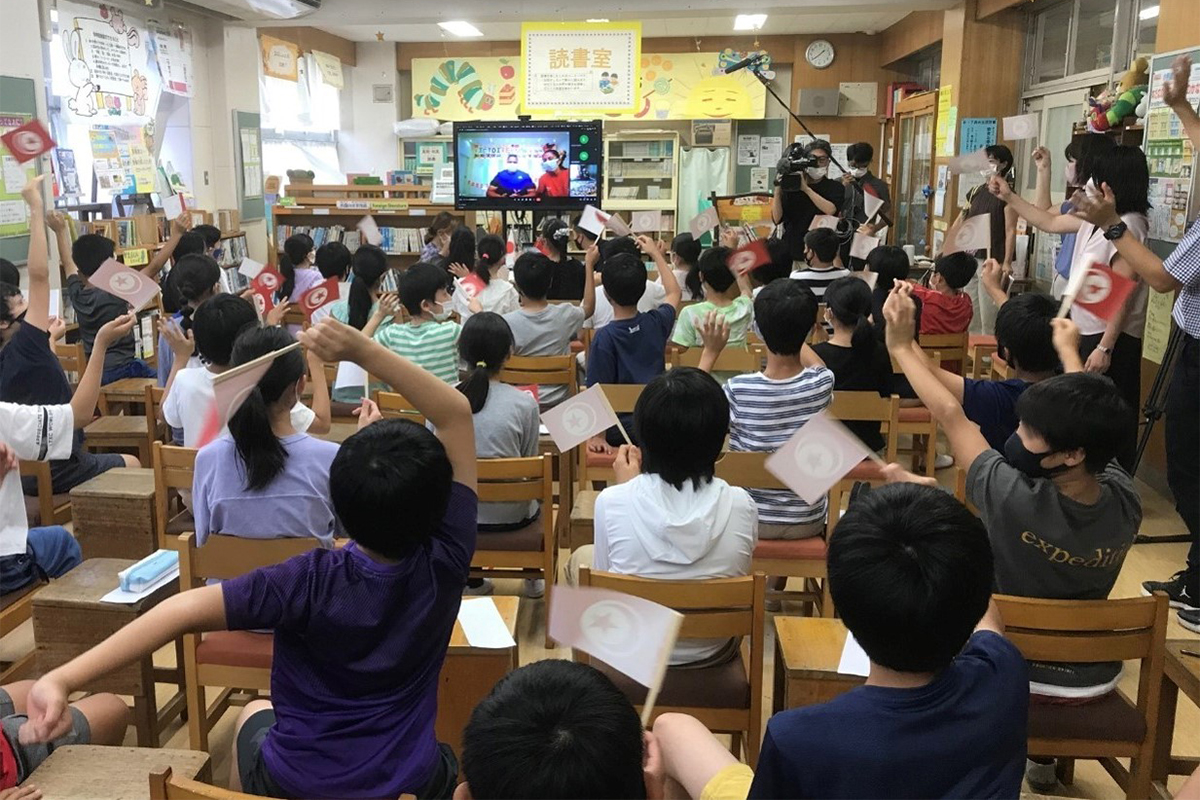
Welcoming you with open arms
by TAKEHARU YAMANAKA
MAYOR OF YOKOHAMA
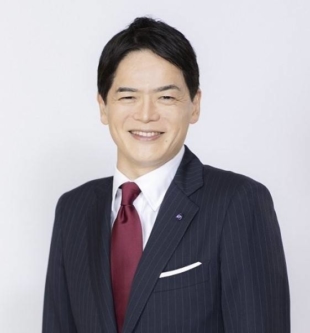
Yokohama is Japan’s closest city to Africa — that is why we have hosted the Tokyo International Conference on African Development three times.We have fostered heart-warming exchanges with the people of Africa in various ways. For example, the One School, One Country program has helped deepen our elementary and junior high school students’ understanding of African countries.
In another recent example, we promoted exchanges with African people by participating in Japan’s Host Town initiative, under which residents of participating municipalities interacted with people of other countries and regions that participated in the 2020 Tokyo Olympics. Furthermore, we have been engaged in projects to provide technical assistance in a wide range of fields, including waste management, water supply and sewerage systems.
We remain committed to deepening our bond with the people of Africa. Our wish is for both Yokohama and all of Africa to develop further into the future.



